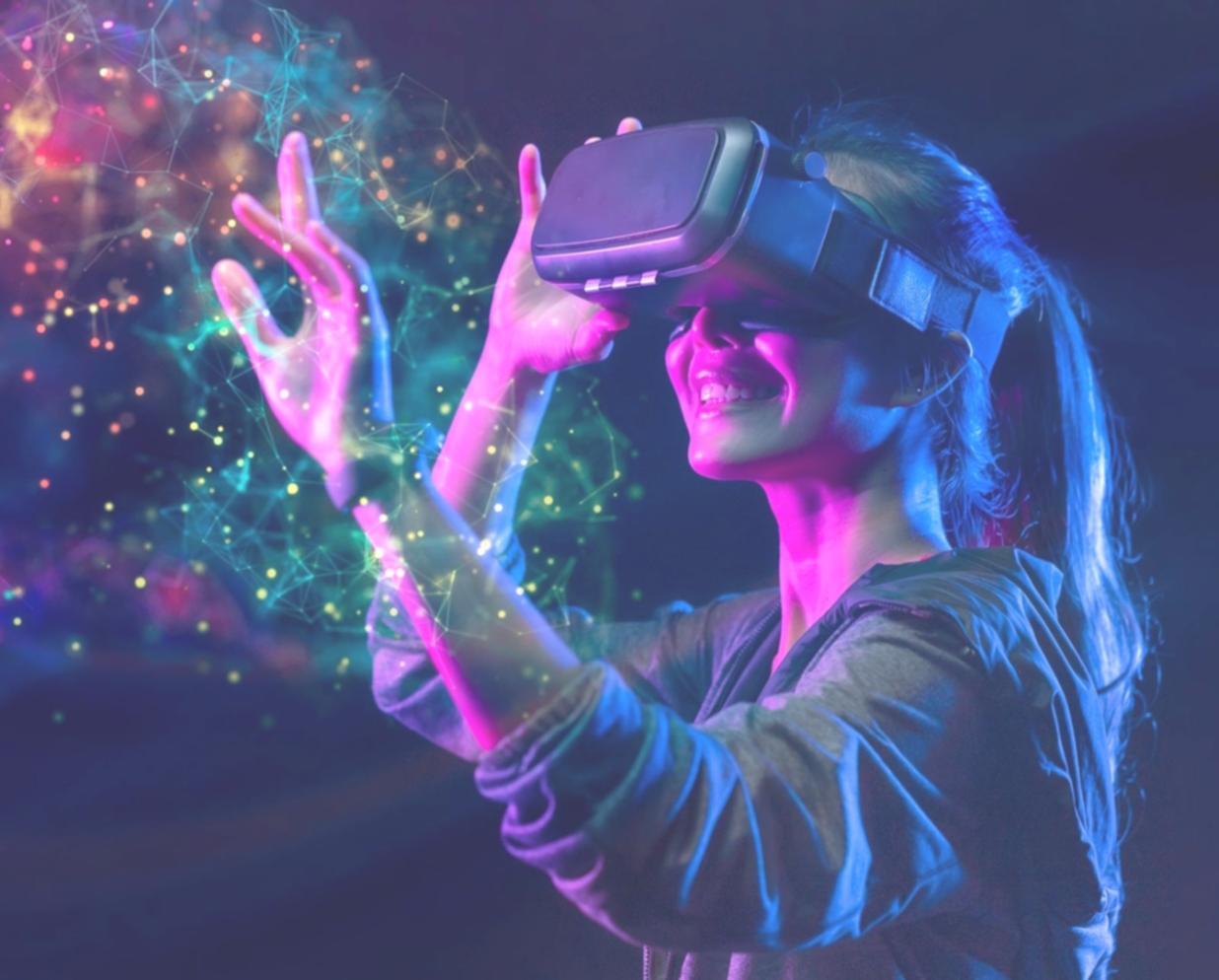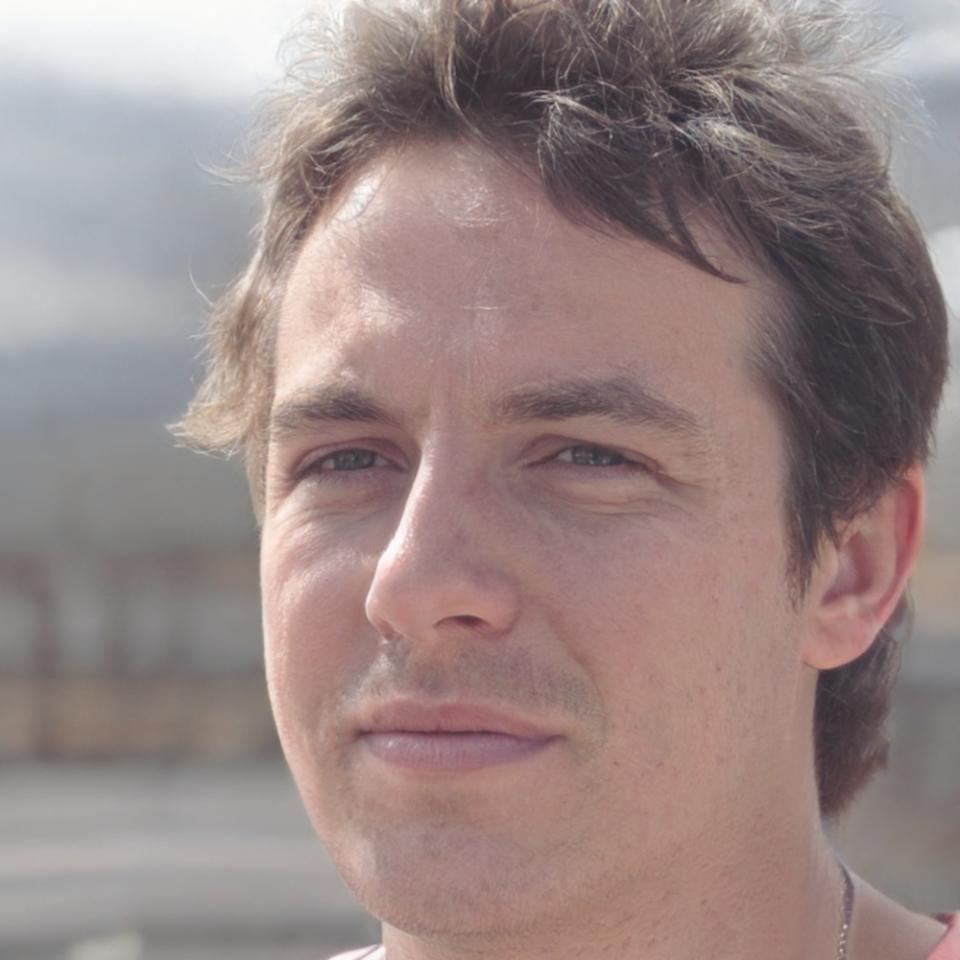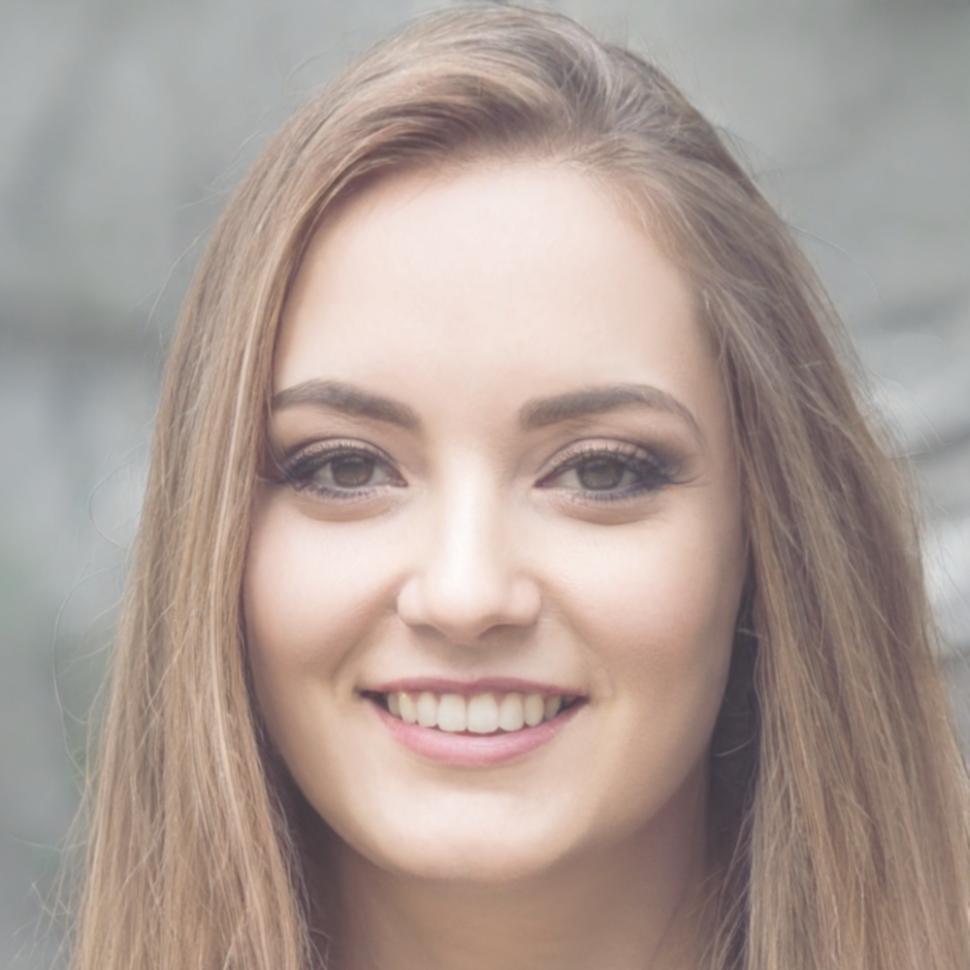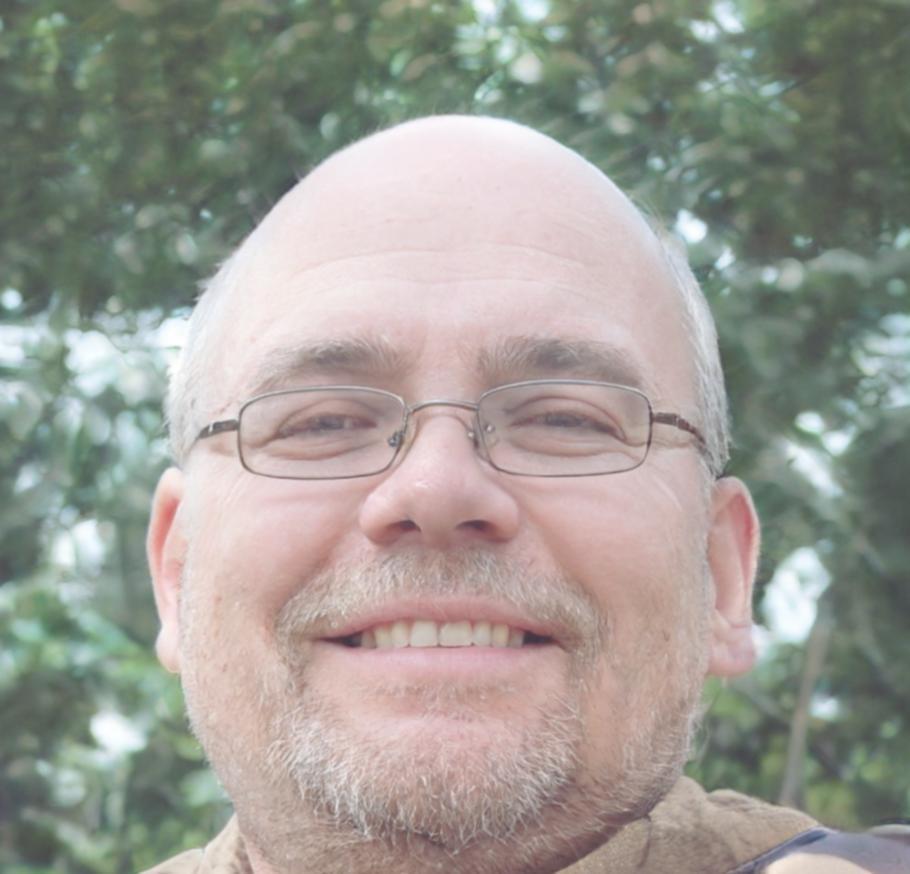Program Details
What You'll Need
A Windows PC capable of running Unity (16GB RAM minimum) and basic English reading skills for documentation. VR headset access helps but isn't mandatory since we have lab equipment available during workshop sessions.
You don't need prior programming experience. About half our students start completely new to coding and catch up within the first month through extra practice sessions.
Schedule Format
Classes run twice weekly in the evenings (Tuesday and Thursday, 6:30pm to 9pm) with Saturday workshops every two weeks. Expect around 12 hours weekly including homework and project time.
Everything's recorded so you can review material or catch up if you miss a session. Most people balance this with full-time work, though project months get busier.
Assessment Approach
No written exams. You're evaluated on completed projects and code reviews. Each phase ends with a working build that demonstrates specific technical skills.
- Four major project submissions throughout the program
- Code reviews with feedback on structure and optimization
- Peer testing sessions where students try each other's builds
- Final capstone project with full development documentation
Support Resources
Access to Discord community with instructors and alumni who answer questions usually within a few hours. Weekly office hours for one-on-one help with stuck points in your projects.
We maintain a resource library with examples, asset packs, and debugging guides specific to common VR development issues you'll encounter.



